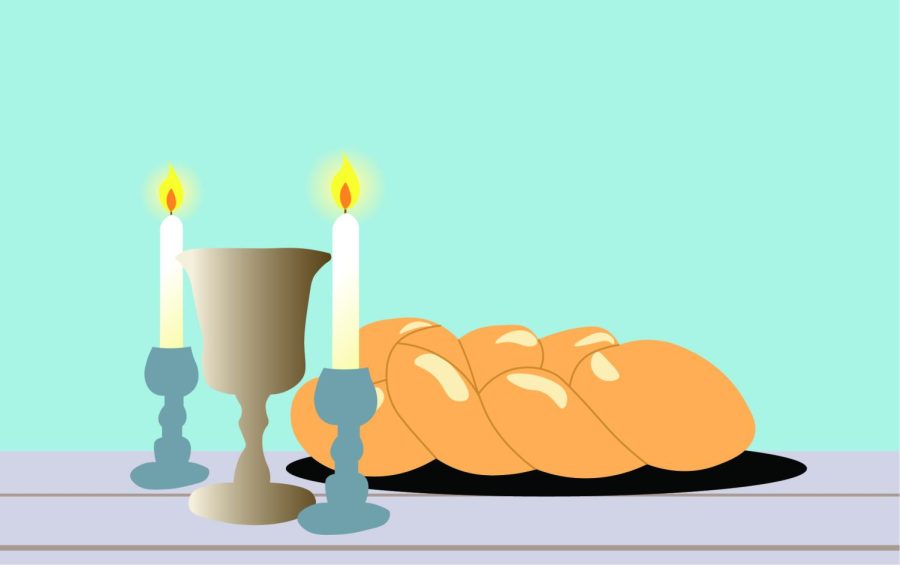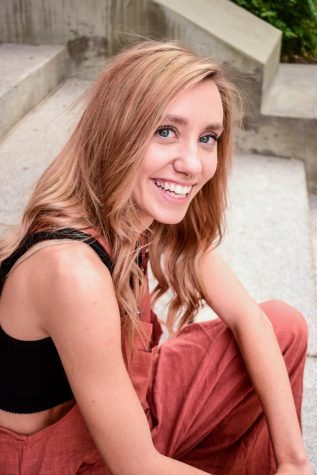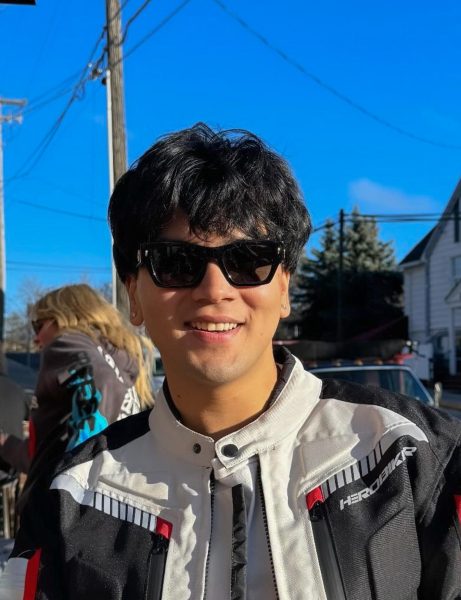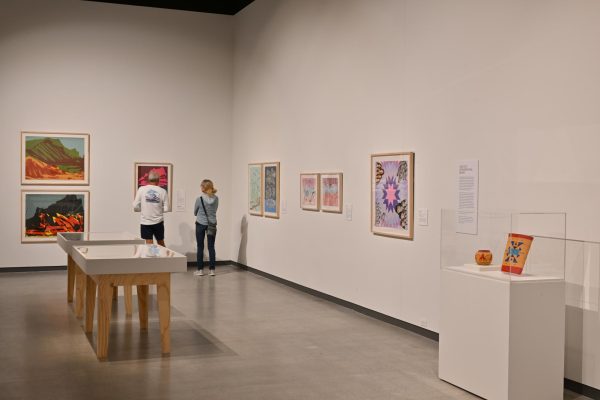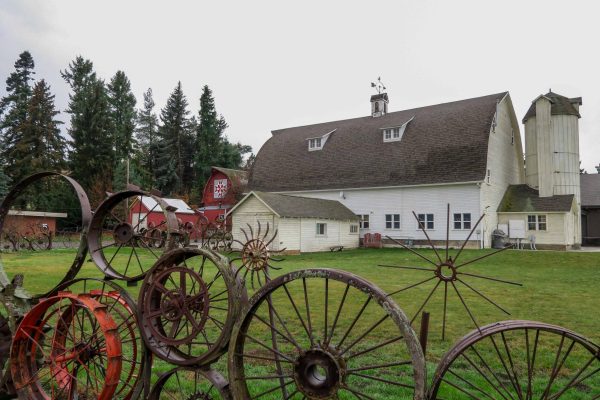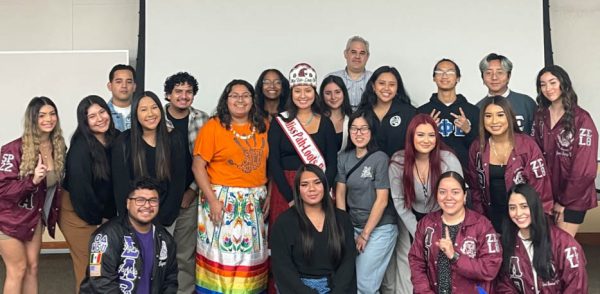‘I am not ashamed of my heritage, my culture, my life’
Editor-in-chief reflects on Jewish culture after tragic incident in Texas
Shabbat is a weekly celebration in Jewish culture
January 20, 2022
“We must get everything done before sunset,” my grandma would yell at my brothers and me. “The Lord needs everything done by sunset.”
My grandma, this tiny older woman, would hustle around her house and her farm to get everything done before sunset every Friday. That included feeding all her farm animals, preparing food to last us the weekend, scrubbing every inch of the house and of course, making sure all us children were clean.
My grandmother was born and raised Orthodox Jewish and honored Shabbat every single week. She made sure we all followed her lead and shared with us her Jewish culture.
My grandma was born in the 1920s in a small village in Poland. Being Jewish at that time was common, and the majority of the people in her village practiced as well.
Unfortunately, that would all change during World War II when Adolf Hitler invaded Poland and ruined life as the community knew it. In the 1930s, her family stopped practicing Judaism openly. But that wasn’t enough.
My great-aunt and great-uncle were taken from my family in 1939, told that their faith was disrespectful and a disgrace to the world. They were sent to a “camp” to be hidden from the world. They were sent to Auschwitz-Birkenau. They were never seen again.
My family went into hiding in 1939 and would spend five years in a small hidden room.
On the other side of the spectrum was my grandfather. A Polish-Catholic, he did not have much to worry about. He was safe.
He was the most giving person I knew, and learning about my past proved that to me. My grandfather was a farmer at the time, working near a railroad every single day; a railroad that brought much heartbreak and sadness. A railroad that transported Jewish families to Majdanek, a concentration camp located near the current town of Lublin.
Every day he would see those poor people being transported, and every day he was closer to breaking his secret. He was hiding a Jewish family in a secret room on his farm — a Jewish family of eight. One of those eight happened to be my grandmother.
One day, it wasn’t enough for him. One day, he wanted to make a bigger difference. One day, while working on his farm, a train was passing by and happened to stop due to engine issues, according to my grandfather.
While waiting for repairs, a young pregnant woman called out for water.
“Potrzebuję wody, moje dziecko potrzebuje wody! [I need water, my baby needs water!].” My grandfather told me that phrase haunted him day in and day out. So, not caring what the Nazis were capable of doing to him, he ran up to her and gave her a ladle of water.
That ladle of water would lead to permanent blindness and deafness on the right side of his face, where the Nazis beat him brutally for giving the woman water. They even threatened to take him away, but somehow, he was left behind as the train left for Majdanek.
That night, my grandfather went to the family he was hiding to give them food and water and talked to my grandmother. The rest is history, as he said. He fell in love with her, and the second the war ended, he and my grandmother married.
My grandmother lived in fear for the rest of her life. Every Shabbat, she would still practice privately, and my grandfather would follow her lead. They both understood the fear the Jewish community lived in: What if something were to happen again? What if she were killed for her faith?
When my uncles and mom were born, my grandma had them baptized in the Catholic church, but they all practiced privately.
My grandmother would always say, “No one can know what we do. If they ask, you are Catholic. You go to Church every Sunday. You don’t know any Jewish people.” That was in the late 1960s and 70s.
When I was born, my grandmother told my mom to do the same thing for me. I was baptized into the Catholic church and celebrated my Jewish heritage privately.
My grandmother would tell me the same thing, “No one can know you are Jewish. They will hurt you.” Fifty years had passed, and she still lived in fear.
Part of me did not understand why I should be ashamed and afraid of my heritage. Unfortunately, anti-Semitic hate crimes happen every day. On Saturday, Jewish people were taken hostage in a synagogue in Texas. Thankfully, no one was killed in the hostage situation, but this is what my grandmother feared for us.
But I am not ashamed of my heritage, my culture, my life. I will share my family story, I will be proud and I will practice. Nothing will be private anymore. I come from a Polish-Jewish family, and I will not be scared of that.

